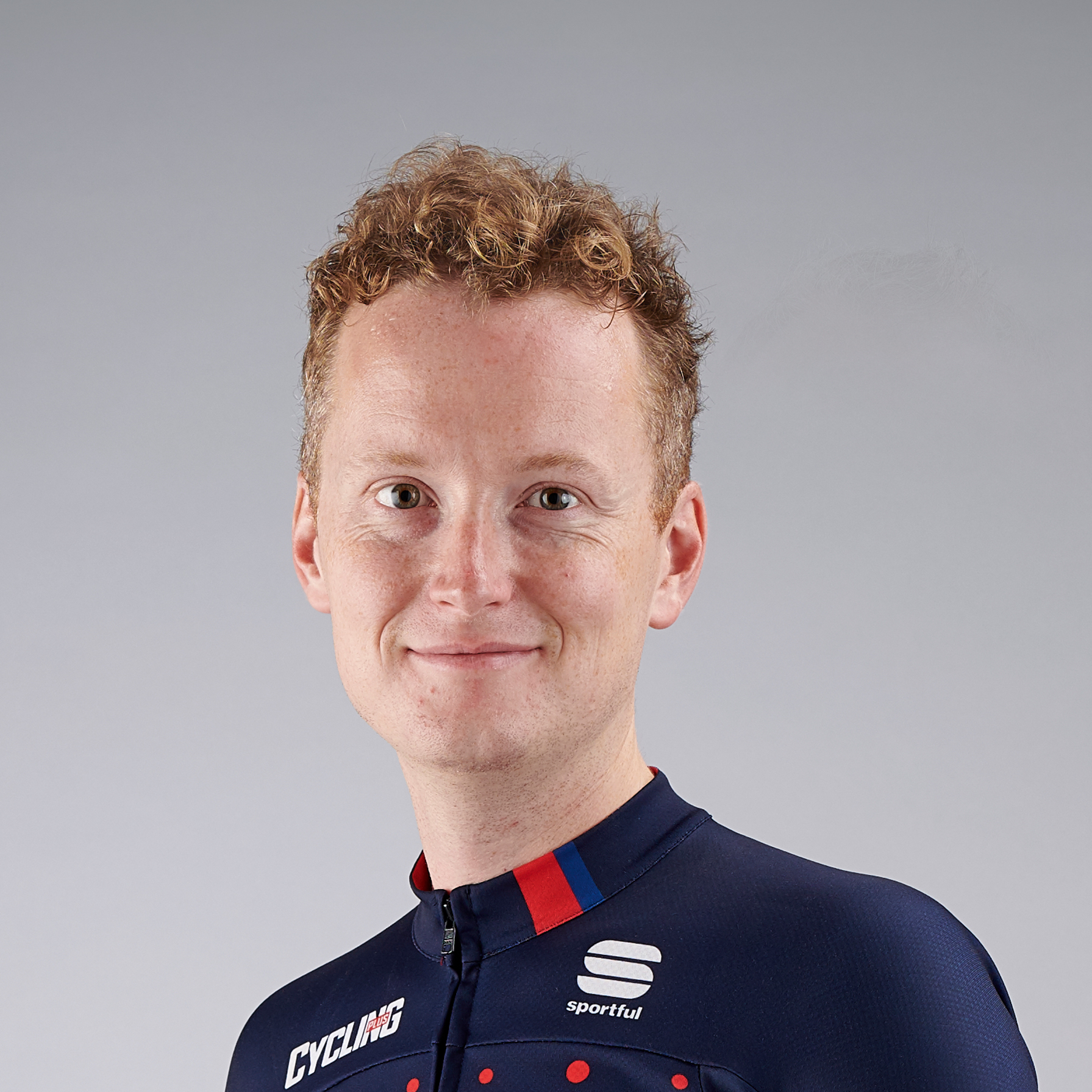Eddy Merckx biographies are apparently like buses: you wait ages for one and then two come along at once. Tomorrow sees the release of both Daniel Friebe's Eddy Merckx, The Cannibal and William Fotheringham's Merckx: Half man, half bike.
Fotheringham's book attempts to find out what drove a mild-mannered boy brought up in a middle-class family in the suburbs of Brussels into the race-devouring machine that gobbled up an unsurpassed 445 victories during an astonishing career.
Beginning with his formative years, when his parents moved with the young Eddy from the Flemish-speaking north of Belgium (Flanders) to the French-speaking south (Wallonia), and ending with his retirement mid-way through the 1978 season, its main focus is the chronicling of the mind-boggling run of victories in between.
After the 23-year-old Merckx won his first Giro d’Italia in 1968, it would be a full seven years before he would taste Grand Tour defeat, and even then it took a punch to his back from a crazed spectator at the summit of Puy-de-Dome during the 1975 Tour de France to derail him.
He was no mean single-day racer either, and his palmarès makes for incredible reading: a record seven Milan-San Remo wins, three at Paris-Roubaix, five at Liege-Bastogne-Liege and two Tours of Flanders among many, many more. So what, according to Fotheringham, gave the Cannibal such an appetite?
Eddy had great natural talent and a huge engine, but much like his dad Jules, he was a born worrier and full of insecurities. He expected disaster round every corner, and this made him pedal harder, faster and longer. This explains his performance at the 1969 Tour de France when, already heading for the overall win, he put a further eight-and-a-half minutes into his rivals during an 85-mile solo break in the Pyrenees. A more confident sort would have cruised all the way to Paris.
Other reasons explored include the work ethic instilled in him by his shop owner father, whether his fear of failure was stronger than his addiction to winning (and whether it even mattered in the end), the injuries sustained in the near fatal track crash at Blois in 1969 that plagued him for the rest of his career, and the pressures from a public that grew weary of his superiority.
If you're looking for entertaining off-the-bike shenanigans, an account of Merckx won't be your bag. There aren't the stories from, say, a Jacques Anquetil biography because he simply wasn't that sort of character. He existed, at least during his career, to win bike races and it was something he did better than anyone else in history.
While the book occasionally slips into a slightly tedious race-by-race overview of the Belgian's career – the early years in particular – patient readers will be rewarded by sticking with it. The account of the Belgian's duels with Luis Ocana and Bernard Thevenet at the '71 and '75 Tours are especially illuminating, while an over-arching interview with the man himself helps to peel away the enigma.
